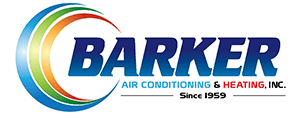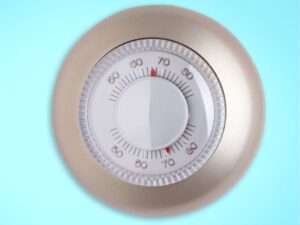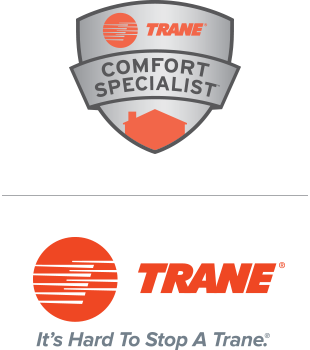One of the concerns you have as a homeowner is the effectiveness of your HVAC system. You want it to provide maximum comfort with minimal energy. Factors such as the building architecture, the condition of your ductwork and the insulation of your home impact HVAC efficiency. Here are home factors that impact your HVAC system and energy efficiency if you reside in Micco, FL:
Size of the Home
The building size can impact the efficiency of the HVAC system and how effectively it uses energy. While choosing an HVAC system, the assumption that a bigger house requires a bigger unit isn’t always true. To get a perfectly sized unit that evenly heats and cools your home, get an expert HVAC consultant to take your home’s measurements versus the required size of the unit.
Building Architecture
The architecture and design of the home play a role in how efficiently your HVAC unit uses energy. Low-lying roofs, an additional story, basements and other architectural designs impact the efficiency of an HVAC unit. For instance, a multiple-storied building has temperature differences between the top floors and the ground floor, making it essential to have a thermostat that can balance the air temperature evenly whenever you want to cool or heat your home.
Other architectural factors may require you to follow the design of the building while installing a heating unit. Some designs allow you to install dry systems that allow you to use preinstalled ductwork to supply air throughout your home systems. In contrast, others allow wet systems that use piping all over the home to supply heated or cooled water.
Insulation
The insulation of your home will determine how much energy your system is losing or preserving. Small cracks can cause significant energy losses. This means that contractors should seal off any cracks or potential energy-loss openings and conduct regular maintenance to ensure your HVAC system’s energy efficiency is excellent.
The Function of the Home
The function of your home and any expected changes in the layout may affect the energy efficiency of your HVAC in the future. These considerations should help your HVAC service technician determine whether you need a central HVAC or individual units for each room in case you might expand the structure in the future.
The Condition of Your Ductwork
Are you moving into a house with preinstalled ductwork? Ensuring each part is in good condition and compatible with your HVAC is crucial. You need to check your ductwork for any cracks, blockages and bends to avoid any future losses of energy. Pre-check the type of unit your ductwork is compatible with to ensure you get full energy efficiency.
Location and Number of Doors and Windows
If you have openings such as windows and doors facing a direction that easily allows sunlight into your home, you’ll have warmer summer days. This can be advantageous in the winter because you can allow a lot more heat into the home. Your HVAC energy efficiency will depend on combining these ventilation factors with the unit’s energy rating to have the most efficient output.
Heat Emitters in the Home
Certain appliances that release heat, like electronics and lights, contribute to the temperature of your home. In certain seasons, a warm oven could help to drastically reduce the amount of energy your HVAC unit uses to maintain a comfortably warm home. As a result, it could increase overall energy efficiency.
With expert advice, you can run a complete heating and cooling test of your home with the appliances and settle on a unit that works effectively while also using energy efficiently. When possible, use energy-efficient appliances and avoid unnecessary heating or cooling when you don’t need it.
Having an energy-efficient system helps in the reduction of energy bills and saves costs. Contact us today at Barker Air Conditioning and Heating for HVAC services from repairs and maintenance to installations.
Image provided by iStock









